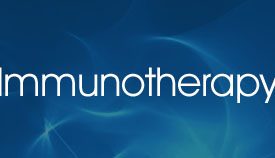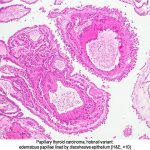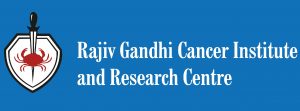 Therapies that engage genetic drivers of cancer or those which wake up the body’s own immune system to attack tumor cells have improved outcomes for patients with difficult-to-treat cancers.
Therapies that engage genetic drivers of cancer or those which wake up the body’s own immune system to attack tumor cells have improved outcomes for patients with difficult-to-treat cancers.
The oncogenic driver based therapeutic strategies are centered on finding a driver mutation and engaging it with a cognate molecule that blocks the distal signaling needed to propel tumor growth. This blockade of signal transmission thus deprives the tumor of stimuli to grow and travel. Two problems mar this beautiful scenario. One, the inevitable development of resistance to this form of therapy, usually in 9-12 months and secondly, a separate drug for each driver mutation, the number of which is increasing rapidly.
Immunotherapy has been around for several years. Use of Trastuzumab (Herceptin) was the first quantum leap into the arena of Immunotherapy. The next watershed moment came in 2014 with approval of Checkpoint inhibitors, a novel form of immunotherapy which awakens the somnolent immune system to react to presence of cancer cells and eliminate them. This form of immunotherapy has the potential to become a primary method to control cancer cell growth because it doesn’t have to be target specific and importantly it produces results which are far more durable than those achieved by Targeted Therapy.
Who will benefit from Immunotherapy is a question that is waiting for an answer. The PDL1 molecule on cancer cell and it’s accomplices like Macrophages & Antigen processing cells engage PD1 molecule on “Cytotoxic T cells” ( good cells, our defenders) and paralyze them from their normal function of destroying cancer cells. Currently, the immunotherapy is given to those who show good number of PDL1 molecules on their cancer cells. However, this strategy has not fully worked. Some patients with no PDL1 expression (~10%) do derive benefit from such treatment while 50% of those who have passed the test to receive checkpoint inhibitor therapy are not benefited by same.
New strategies are being worked. Total mutation burden, BRCA1&2 mutations, Polymerase E & Polymerase D mutations and Mismatch repair abnormalities have potentials to be the better surrogates. Immunotherapy also seems to work better in aggressive tumors like those in smokers and those with rapid downward course.
I shall talk about Mutation burden in my next blog.
Last modified: 20/06/2017








